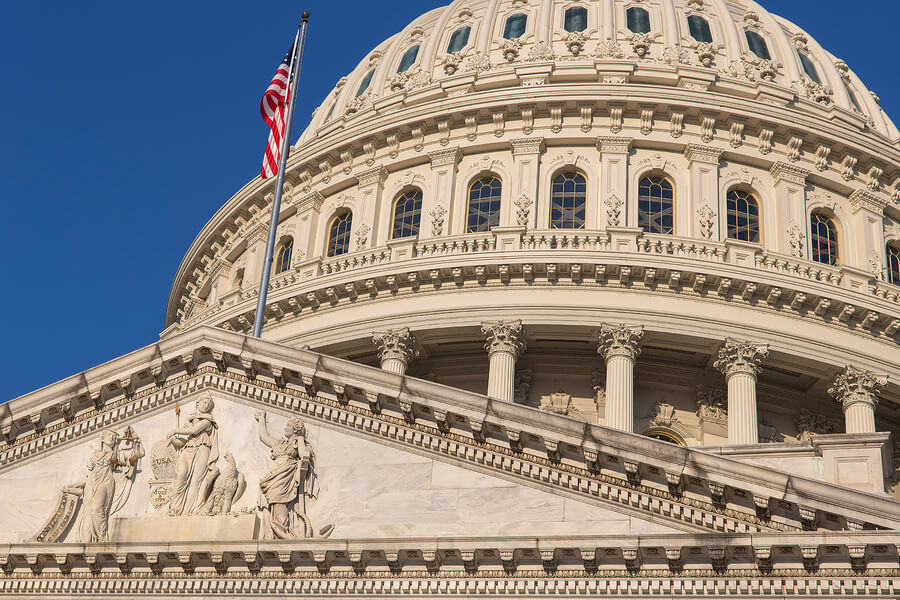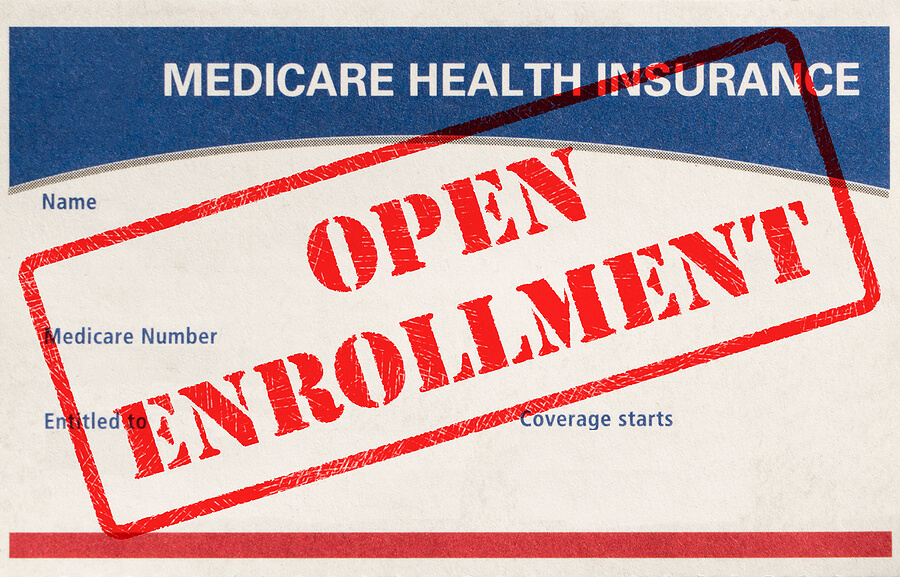Elder law attorneys provide various legal services to help seniors and their families navigate the challenges accompanying the aging process. This includes asset protection but extends beyond applications for Medicaid. An Elder Law attorney will also help coordinate legal planning to address such matters as needing guardianship, help with obtaining Social Security and Veteran’s benefits and navigating various services providing care to the elderly. Many people associate Elder Law with applying for Medicaid or other long-term healthcare, which is correct. However, Elder Law includes many different aspects of aging.
Estate planning is more focused on implementing wishes about the distribution of property after a person has passed, while Elder Law protects your rights as you age.
Asset Protection, Long Term Care Costs, and Elder Financial Abuse
Protecting a lifetime of savings when a person is vulnerable is one of the important roles of the Elder Law attorney. Depending on the person’s financial situation, they might benefit from having assets moved into a trust. If the person is likely to need long-term care, the Elder Law attorney may recommend the use of a Medicaid Asset Protection Trust. An irrevocable trust will move the person’s assets out of their control, making them eligible for Medicaid five years after the trust is established and funded.
Trusts may also be a strategy used to protect elderly people from financial abuse. By placing assets into a trust managed by a trusted family member or another person, anyone preying upon the older adult will have a significant obstacle to overcome to gain access to assets.
Elder Law attorneys represent seniors who have been taken advantage of by a caregiver or family member. They focus on ensuring the senior can live securely, whether at home or in a nursing home setting.
Long-Term Care Planning with an Elder Law Attorney
The Elder Law attorney helps seniors plan to ensure they have food, rent, medical care, and transportation. For example, an elderly couple may wish to remain in their home but need certain services. The Elder Law attorney helps identify which agencies can provide the care they need at home, preventing them from moving into a nursing care facility.
The Elder Law attorney also creates estate plans, including end-of-life documents like a Living Will and Advance Health Care Directive. These documents are drafted to express the senior’s wishes for health care if they cannot express them if they are incapacitated. They are also used in the case of a dementia diagnosis.
When someone is diagnosed with dementia, an Elder Law attorney should be contacted. First, the person’s will should be updated to be sure it reflects their wishes. Next, healthcare papers expressing their wishes for care should be documented while they still have legal capacity. Once a person reaches a certain point, they will be considered incapacitated and can no longer sign legal documents, so timing is essential. Elder law attorneys can also recommend that geriatric social workers help form a care plan. Some dementia patients live for decades after their diagnosis, so a long-range plan is essential.
Guardianship Planning
Having advanced directives and appointing a trusted person or people to serve as a healthcare representative for a senior is far better than needing to apply for guardianship through the courts. Guardianships are very restrictive and closely monitored by the courts, even for an older adult who doesn’t wish to travel or go out on the town. It’s better to have a trusted family member who can help the person when they need help rather than have the court appoint a stranger.
Elder law attorneys have networks of caregivers, geriatric social workers, and others who help older adults with various services. Their clients rely on them for recommendations to trusted people who can help with the parts of day-to-day life that become more challenging as we age.
When to Contact an Elder Law Attorney?
You need not call an Elder Law attorney when you spot your first grey hair, but it’s not a bad idea. The earlier you begin planning for your senior life, the more options will be available. If you have health concerns, for example, meet with an Elder Lawyer to be sure you have all the correct documents in place in case of incapacity. While we never know when we might be injured or ill and unable to speak for ourselves, seniors are more likely to need advance directives to express their wishes.
This includes a Healthcare Proxy or Power of Attorney for Healthcare, a HIPAA Release Form, and a Living Will. These documents are used while you are living to ensure your wishes are being followed and, for the HIPAA Release Form, to allow another person access to your medical and health insurance records. Without them, your loved ones cannot speak with your doctors and be involved with healthcare decisions.
If you expect to need long-term care benefits, you’ll want to put a Medicaid Asset Protection Trust in place early. Medicaid is a federal and state-funded, means-tested program; that is, the person applying for Medicaid must have only a minimal amount of assets. If you have over a certain amount of money, you won’t be eligible for Medicaid and must pay for nursing care out of your pocket.
Medicaid has a five-year lookback period, meaning that Medicaid looks at five years of financial transactions before deciding whether or not you are eligible. If assets have been moved to trusts or sold to a family member for a below-market price, Medicaid may refuse coverage.
If you have questions about Elder Law, we invite you to call the firm for a free consultation. It’s never too early to start planning for your future.









